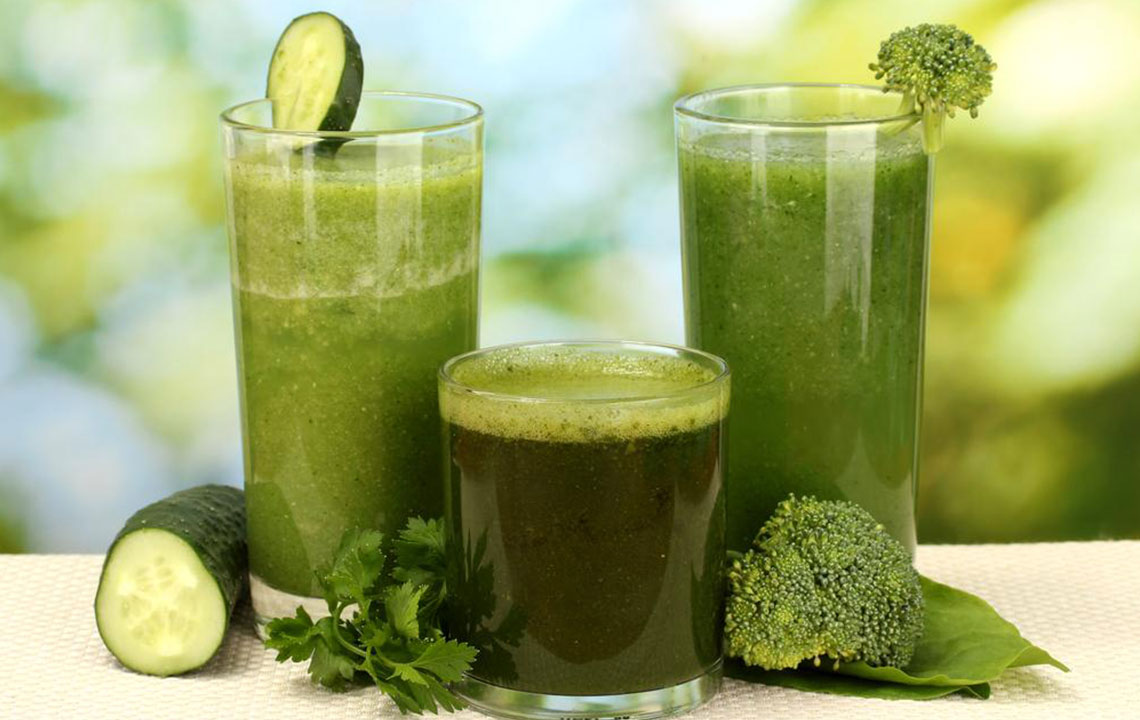Comprehensive Natural Approaches to Lower Uric Acid Levels Effectively
Discover comprehensive natural methods to lower uric acid effectively. This detailed guide covers dietary changes, remedies like apple cider vinegar and vitamins, hydration tips, and lifestyle advice to prevent gout and improve kidney health. Implement these strategies for a healthier, pain-free life.

Comprehensive Natural Approaches to Lower Uric Acid Levels Effectively
Uric acid is a waste product formed when the body breaks down purines, substances found in many foods. While it is normal to have some uric acid in the bloodstream, elevated levels—known as hyperuricemia—can lead to serious health complications, including gout, kidney stones, kidney damage, and increased cardiovascular risks. Managing uric acid levels naturally is increasingly popular, especially for those seeking alternatives to pharmaceutical interventions. This article provides an in-depth exploration of effective natural strategies, dietary modifications, and lifestyle changes to help reduce uric acid levels safely and sustainably.
Understanding the causes of high uric acid levels is key to implementing effective reduction strategies. Various factors contribute to hyperuricemia, including dietary habits, genetic predispositions, health conditions such as diabetes and thyroid disorders, certain medications, and lifestyle choices. Foods rich in purines—such as red meats, organ meats, and certain seafood—are major contributors. Moreover, alcohol consumption, especially beer and spirits, significantly raises uric acid. Chronic dehydration, obesity, and high-stress levels also exacerbate the condition.
Fortunately, natural remedies, lifestyle adjustments, and dietary changes offer promising ways to manage and reduce uric acid levels effectively. Incorporating specific foods and beverages, staying well-hydrated, and adopting healthy habits can dramatically improve your body’s ability to eliminate excess uric acid, prevent gout attacks, and promote overall health.
Natural Remedies and Dietary Strategies
One of the most popular and effective natural remedies for controlling uric acid is apple cider vinegar. Its alkalizing properties help neutralize excess acid and promote an alkaline environment within the body. To incorporate apple cider vinegar into your daily routine, mix one teaspoon with a glass of water and drink once or twice a day. However, caution should be exercised to avoid excessive consumption, as high acidity can impact tooth enamel and potassium levels.
Vitamin C-Rich Foods
Consuming foods rich in vitamin C, such as lemon juice, can significantly aid in uric acid reduction. Vitamin C enhances uric acid excretion through the kidneys and helps maintain an alkaline bodily environment. Drinking fresh lemon juice on an empty stomach each morning can improve your body’s ability to clear uric acid. Additionally, berries like cherries, blackberries, strawberries, and blueberries are packed with antioxidants and vitamin C, which combat inflammation and lower uric acid levels naturally.
Alkaline-Forming Foods and Supplements
Baking soda, when used cautiously and in moderation, can help maintain a balanced alkaline pH in the body. Dissolve a small amount (about a quarter teaspoon) in a glass of water and consume once a day. It's essential to consult with a healthcare professional before starting this, especially for individuals with high blood pressure or kidney issues.
Healthy Fats and Oils
Olive oil is well-known for its antioxidant and anti-inflammatory properties. Incorporating extra virgin olive oil into your diet can support your body’s efforts to reduce inflammation caused by high uric acid levels. Use it as a dressing or in cooking to harness its benefits without overdoing calorie intake.
Hydration and Proper Fluid Intake
Maintaining proper hydration is critical for managing uric acid levels. Drinking plenty of water throughout the day dilutes uric acid in the bloodstream and facilitates kidney elimination. Aim for at least 8-10 glasses of water daily, especially if you’re active or live in a hot climate. Herbal teas, such as green tea and chamomile, can also support detoxification processes and reduce uric acid naturally.
Dietary Adjustments and Lifestyle Changes
Diet plays a vital role in controlling uric acid. Focus on incorporating fruits like watermelon, cherries, and blueberries, which are low in purines and rich in antioxidants. Avoid processed foods, sugary snacks, and fried foods, as they contribute to inflammation and excess uric acid production. Limiting red meat, organ meats, and seafood high in purines can significantly improve uric acid levels. Instead, opt for plant-based proteins like beans, lentils, and nuts, which have lower purine content.
Physical activity is essential for overall health and helps maintain a healthy weight, which is beneficial in managing uric acid levels. Engage in moderate exercise such as walking, cycling, or yoga several times a week. Regular exercise improves circulation, enhances kidney function, and reduces stress, all of which can positively influence uric acid management.
Stress Management and Adequate Sleep
Chronic stress triggers the release of cortisol and other hormones that can elevate uric acid levels. Practices like meditation, deep breathing exercises, and mindfulness can help reduce stress. Ensuring sufficient sleep each night allows your body to repair and detoxify more effectively. A balanced lifestyle encompassing stress reduction, proper sleep, and healthy eating habits creates a holistic approach to managing uric acid naturally.
In conclusion, lowering uric acid naturally involves a combination of dietary modifications, lifestyle changes, and natural remedies. By adopting these strategies, you can effectively prevent gout attacks, kidney stones, and other related health issues while promoting overall well-being. Always consult with healthcare professionals before making significant changes or starting new supplements, especially if you have existing health conditions. Prioritize your health by embracing these natural, sustainable methods for managing uric acid — a vital step towards a healthier lifestyle.





